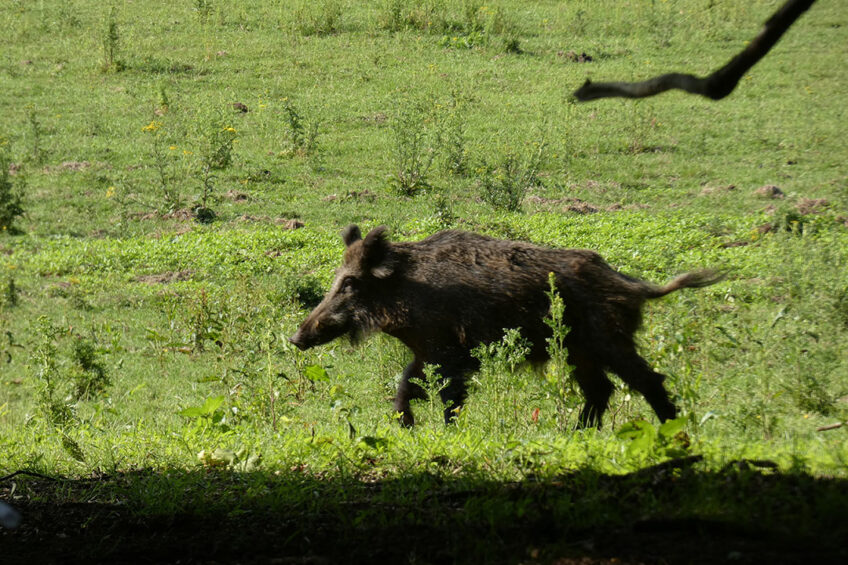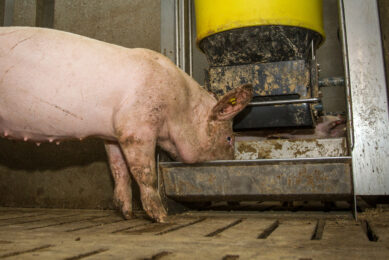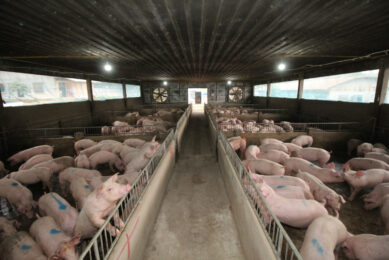ASF in Russia gains a foothold in Siberia and Urals

The African Swine fever (ASF) virus is about to conquer new territories, both in Russia and worldwide, Russian scientists believe.
Alexey Igolkin, head of the reference laboratory for ASF with the Russian veterinary watchdog Rosselkhoznadzor told the Russian publication Veterinary & Life that after raging for more than a decade in European Russia, ASF is now expected to gain a foothold in eastern parts of the country.
“This year, regions of Siberia and the Urals can be attributed to the zone of special risk. The first outbreaks of ASF were detected out there last year. These territories are already actively involved in the epizootic process. And, unfortunately, I think that the situation may worsen this year,” Igolkin said.
Virus in wild boar
In 2021, ASF outbreaks in the eastern regions were registered only in private backyard farms, while this year, Russian veterinary specialists expect to discover the virus in the population of wild boars.
“In winter and spring, wild boars can come into contact with infected animal corpses that were not detected and destroyed in a timely manner, and the virus enters their population and further through contacts during the regrouping of herds, the formation of new families can take root on these territories,” he said.
37 ASF outbreaks
Since the beginning of 2022, 37 ASF outbreaks have been registered in Russia, including only 12 at the pig farms, Rosselhoznadzor estimated. The number of ASF outbreaks in the country has been steadily falling since the last major wave registered between October 2020 and January 2021, when Russian veterinary officials culled nearly 560,000 heads of pigs at several commercial farms to contain the further spread of the virus.
However, Russian scientists in the past claimed that it is clear that not all ASF outbreaks eventually end up in official statistics.
Global spread continues
On the other hand, ASF continues to spread globally, with North and Central America might be at risk, Igolkin said.
“The Americas are now particularly at risk, as cases were detected in domestic pigs last year in the Dominican Republic, followed by the island of Haiti, where outbreaks are still being reported,” Igolkin said, adding that the virus poses a significant danger to the U.S. where large pig herds are concentrated.
“In the United States, they understand that they currently have a huge biological mine in the form of African swine fever at their side,” he added.











